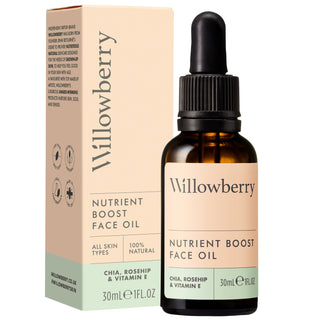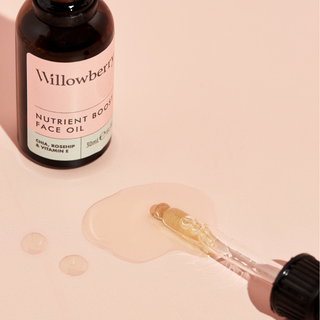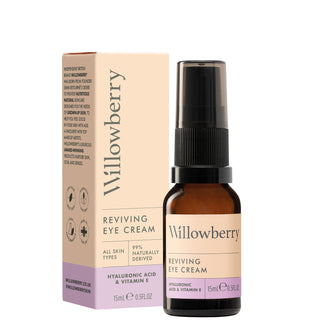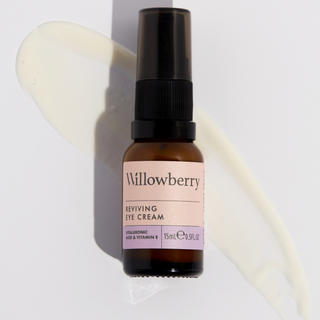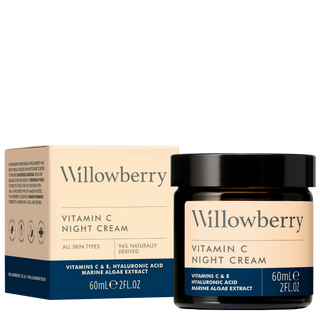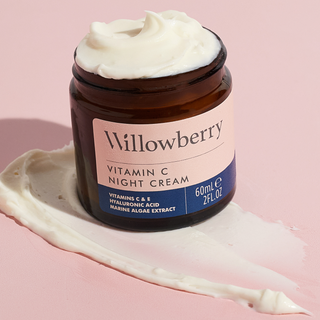We may associate it with our teen years, but acne can happen at any age. In fact, adult acne has risen by over 200% since 2018 with 55% of the adult population aged 20-40 diagnosed with low grade, persistent acne, while 5% of women are classed as having clinical acne.
So, why the sudden hike in blemishes? Although scientists and dermatologists are still exploring the exact cause, there are plenty of variables that could be a contributing factor. It was easy to blame hormones for our pubescent breakouts but it seems as though not much has changed into adulthood, as fluctuating oestrogen and progesterone levels could be one culprit for adult acne rates rising.
If haywire hormones aren't to blame, it could be your diet as studies have shown that foods with a high glycemic index such as sugar, white rice and white bread can contribute to breakouts. This is because they spike blood sugar levels and provoke an inflammatory response in the body, leading to sore cystic blemishes or papules spots which sit on the skin.
The third culprit in adult acne could also be stress. Ah yes, a common offender in all manner of wellbeing woes, stress can lead to an array of skin dilemmas and acne is up there with the best of them. If you're feeling particularly frantic or suffering from sleepless nights as a result, there's a spike in the production of androgens (a natural steroid hormone) which encourages the sebaceous gland to create more oil in our skin. This, in turn, leads to inflammation of the skin, whiteheads and blackheads as well as spots under the skin.
As distressing as it is to tackle acneic skin, there are a number of solutions you can try.
Balance hormones
An imbalance in hormones is often the culprit of adult acne. Hormone imbalance can be caused by periods, menopause or PCOS, when you first start or stop taking the pill, or stress, among others. Acne caused by hormonal imbalance typically appears around the chin and jawline. Speak to your doctor or a dermatologist if you think your hormones are contributing to your acne, and in the meantime ensure you are eating a healthy, balanced diet and manage your stress levels to help keep your hormones in check.
Change your diet
One of the simplest ways to aid skin health is swapping high GI and processed foods for fresh vegetables, fruit, wholegrains and legumes. Studies have shown that a strong gut microbiome can significantly reduce adult acne, so stock up on gut-loving produce such as kefir, nettle and peppermint tea, garlic and watercress. In addition to this, berries, burdock, artichokes, eggs and green tea all possess anti-inflammatory properties to help clear blemishes away.
Protect against pollution
Scientists have found that acne is more common in highly developed areas, due to pollution and other environmental aggressors. Nanoparticles are 20 times smaller than human pores, which means they can penetrate our skin with minimal effort, causing maximum damage. Protect your skin as much as you can with a daily facial SPF and ensure you cleanse your face thoroughly every evening.
Practice good skin habits
Everything from touching your face throughout the day to not cleansing properly can cause congestion, inflammation and even infection to the skin. Adopt a consistent twice-daily skincare routine, opt for non pore clogging skincare, cleanse your skin thoroughly and use a warm flannel to remove all traces of cleanser, then repeat.
A light facial oil can help to balance excess oil production in the skin; although using a face oil on oily skin may seem counterintuitive, a light oil can actually help to balance the skin's natural oil whereas if you try to strip it away, your skin will simply respond my producing more. Try the Willowberry Nutrient Boost Face Oil which is ultra light and easily absorbed, and also works to tackle acne scarring and inflammation.
Calm down
Finding a way to manage stress and promote good sleep patterns can make all the difference to adult acne. Whether it's journaling or yoga, meditation or a long walk outside, find what works for you to break the pattern and stop your skin from acting out.
Speak to a dermatologist
If your acne is severe or persistent, speak to a qualified dermatologist to help you get to the root of the problem and tackle it effectively.
Article by Jessica Harris
Willowberry is 'Nutritious Natural' skincare for grown-ups for your best skin. Loved by top make-up artists and facialists, Willowberry's luxurious award-winning products protect skin’s natural barrier function, to nourish and transform grown-up skin. As seen in Vogue, Independent, The Telegraph, This Morning and more.




